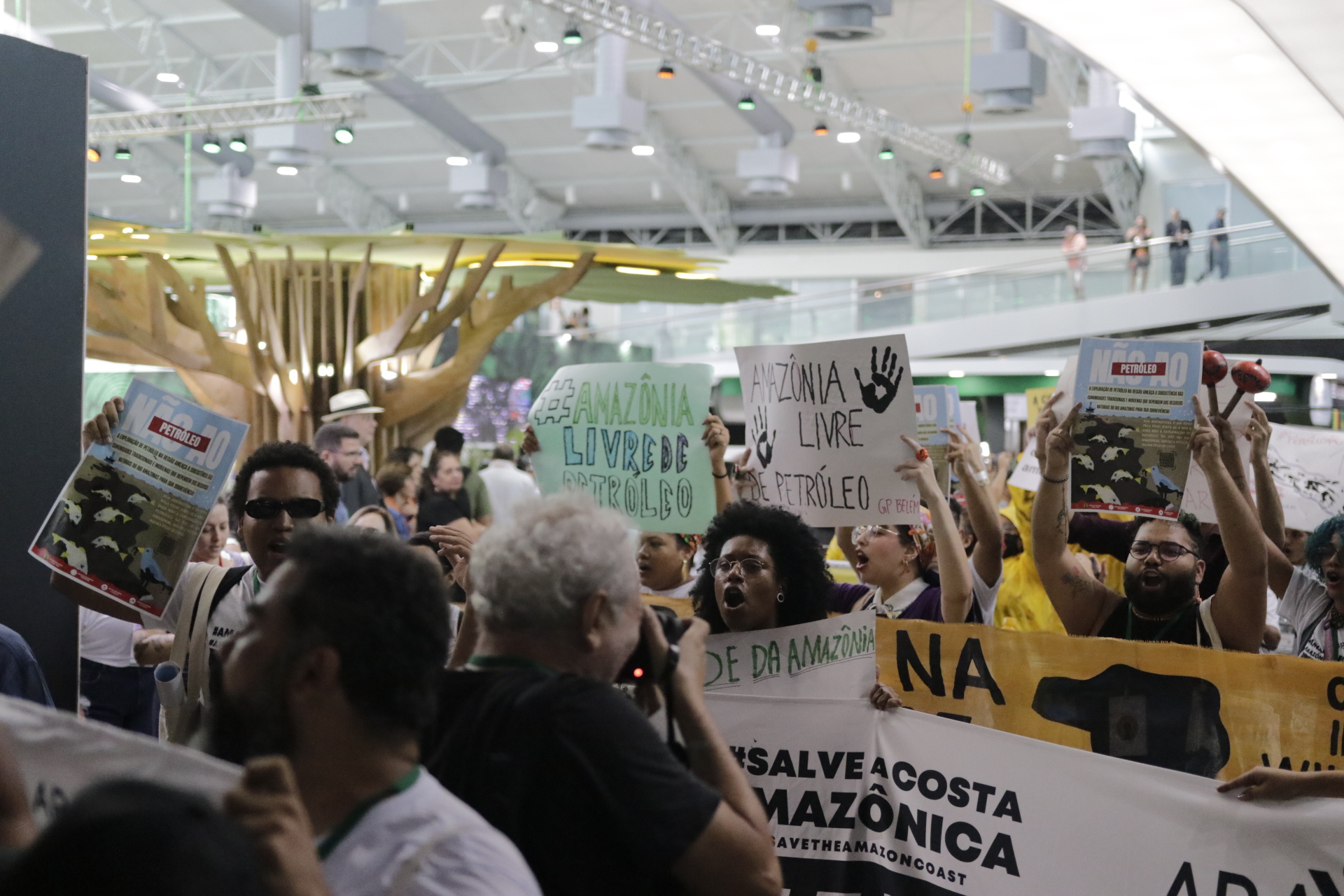Generic and without effective commitments, the document that is the result of the Amazon Summit does not address issues related to oil exploration.
The Amazon Summit, which took place on August 8 and 9 in the city of Belém, Pará, brought together several world leaders to discuss the future of the biome and the climate emergency. The most prominent presences were the representatives of the eight countries that make up the Amazon Cooperation Treaty Organization (ACTO), the Pan-Amazon countries. The most expected outcome of the event, the Belém Declaration, left something to be desired, being an extensive document, but lacking concrete goals. The meeting raised expectations for more decisive actions to combat the devastation of the Amazon, but ended up limiting itself to generic cooperation commitments.
Among the more than 100 decisions announced during the meeting, representatives of the nations present vaguely agreed to join forces to establish a new agenda for cooperation in the region. However, the absence of clear goals and tangible measures to reverse the Amazon’s environmental crisis drew criticism from environmental activists and organizations.
MapBiomas revealed last Tuesday (08) that Amazon has already lost 17% of its original territory. A worrying scenario in view of the point of no return of the forest, located between 20% and 25% of deforestation. When reaching this threshold, the forest’s ability to regulate rainfall in various parts of Brazil and to capture carbon is compromised, which could trigger a scenario of climate chaos.
One of the main desires of civil society and environmental organizations was that the eight Pan-Amazon countries sign a commitment to zero deforestation in the Amazon by 2030. However, the Belém Declaration only mentions that it is “ideal” to achieve zero deforestation, without making clear what measures would be necessary for this. The agreement also establishes the creation of an Amazon alliance for cooperation among countries in combating deforestation, but does not offer solid guarantees of its effectiveness in implementing national goals, including those of zero deforestation.
The Amazon Dialogues, which preceded the Amazon Summit and brought together civil society for three days, consolidated two demands: an end to deforestation and the abandonment of oil exploration in the region. This second demand was endorsed by more than 80 Pan American organizations, including the ARAYARA International Institute, in a letter to the leaders present, and was a recurring theme in the demonstrations of social movements and activists.
However, the Belém Declaration does not mention this second demand explicitly. It only says that there needs to be dialogue between countries on the sustainability of the mineral and hydrocarbon sectors in the Amazon. This raises concerns that the document does not address one of the main points of greenhouse gas emissions, which is the burning of fossil fuels such as oil.
The ARAYARA International Institute, regardless of the outcome of the Belém Declaration, which disappoints on certain matters, remains actively committed to preventing the expansion of oil frontiers, always working for a true just energy transition to begin as soon as possible.












